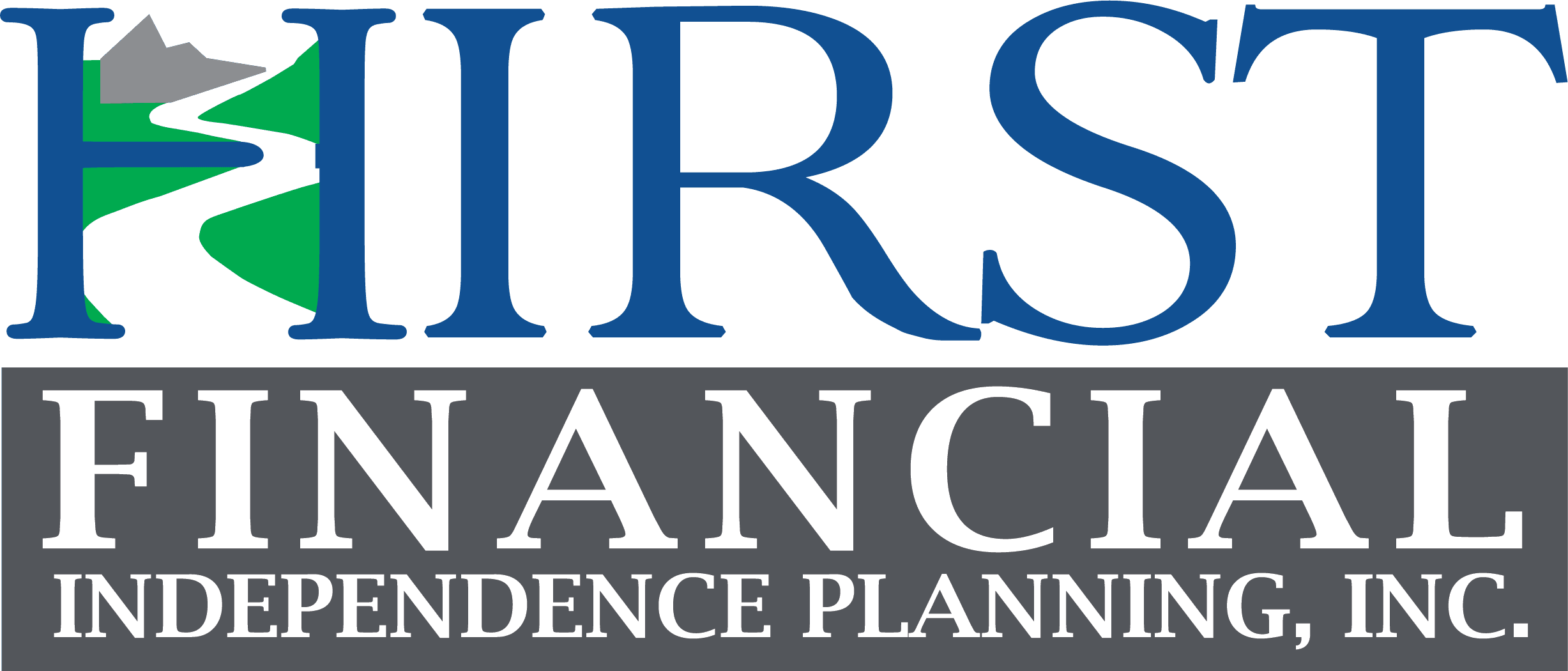We all remember it. You have your pencils all sharpened, your new outfit on, and a fresh new school year ahead of you. Long after our academic days are over, we can’t help feeling that autumn is the time – after the exuberance of summer – to re-check and re-tighten everything to prepare for the colder seasons ahead.
Financially, this can be a time to sharpen your proverbial pencils, and take stock of your money life. It’s one of those rare moments when things slow down – taxes and holiday spending are at a comfortable distance – and you can take time to fine-tune your finances.
Here are five areas to include in your financial tune-up this fall.
1. Check Your Credit Report (and Freeze Your Credit if You Haven’t Already)
Federal law allows you to get one free credit report per year. Why not do that now, just to make sure everything’s okay? It’s quick and easy. Making sure your credit report is financially fine-tuned can help you steer clear of a particularly rampant danger of our modern times.
With new innovations in technology come new innovations in crime. Twenty years ago, the phrase “identity theft” was hardly a concern and now it’s so common there’s a Melissa Mccarthy movie based on it.
The Equifax breach in late 2017 was a black eye for the credit giant that directly affected the privacy of over 145 million people – that’s half the population of the country. You or someone you know was almost definitely affected.
If you haven’t already, take this time to freeze your credit. It’s free and easy, and it stops anyone from starting new lines of credit under your name (without affecting your credit score).
2. Update Your Will
Another pencil to sharpen during this time is your personal will. Did you have any substantial property or family changes since you last updated your will? New marriage? Buy a boat? Death or divorce in the family? Any changes in what you leave and who you leave it to are important considerations during a financial fine-tuning.
Along those lines, your Power of Attorney – both medical and financial – are worth reviewing as well. Choosing a representative to make decisions for you when you can no longer make them yourself is vitally important, especially as you get older. Side note: if you’re retired and/or traveling without children, it’s important to have these contacts on you if something should happen. Most smartphones have a place to save emergency contact info.
Keep in mind that laws are often different on these documents according to the state where they are created. Speaking with your attorney and financial advisor can help you be prepared.
3. Prepare for Open Enrollment
Fall is open season on open enrollment. Many employers use this time of year for employees to re-tune benefits for the coming year. This is a great time to evaluate how your medical benefits worked and didn’t work for you last year.
Your employer probably offers you a few options on how your healthcare coverage is configured. You may be considering Healthcare Savings Account (HSA) versus Flex Plan for your coverage. Now is a great time to look over last year’s numbers and see which works best. If you have a chronic condition that requires regular care, perhaps flex plan is the way to go. If you’re anticipating a few teenagers going out for contact sports this year, an HSA might help you be prepared for a few potential injuries.
4. New Tax Laws – Check Withholdings
“In this world, nothing can be said to be certain except death and taxes,” said Ben Franklin. Taxes are one of the “sure things” in life, and interacting with them in the right way is important to keeping your assets and earnings financially fine-tuned. Tax laws have recently changed with the passing of the Tax Cuts and Jobs Act in December 2017.
From middle class workers up to the “one percent” earners, most taxpayers have received some kind of cut with this bill and should expect lower taxes in the seasons to come. Your withholding probably changed since the passing of the bill, especially if you are itemizing. Middle class earners can save around $2,000 per year, and high end earners can save up to $14,000 annually, but it’s not automatic, so you’ll need to take the time to make the adjustments yourself.
Check out this helpful calculator from the IRS to see how your tax situation is affected by the new law.
5. Review Personal Property Insurance/Assets
Personal property insurance helps cover larger expenses, from family heirlooms to your entire house. Did you add a pool recently? Inherit an expensive art piece? Buy an exotic dog? Make sure your insurance is adjusted accordingly.
Check your policies again to see what is covered and what isn’t, and walk through the details to see where you could save money on premiums. For instance, most homeowners insurance policies give a discount if you have smoke and carbon monoxide detectors on every floor.
Also be sure you are covered for liability items such as swimming pools to make sure you have a financial safety net if something should go wrong.
Keep in mind as well that your homeowner’s insurance doesn’t automatically grow with the size/value of your house. If you remodel the kitchen or put in a skylight – anything that increases the value – the change in homeowner’s coverage is your responsibility to figure out. An annual review with your insurance agent can help you avoid a costly gap in coverage.
So Long, Summer
Half of us are aching for one last trip to the beach and the sunny weather, and the other half can’t wait for Pumpkin Spice Lattes and sweaters. Whatever your bent, the beginning of fall is a great time to row up your ducks and cross your t’s in the finance part of your life.
See your financial advisor today for a tune up on the details, and even some of the details you may have missed. We’re here to help you live your life by design, not by default.
For a comprehensive review of your personal situation, always consult with a tax or legal advisor. Any other named entity or any of its representatives may not give legal or tax advice.


